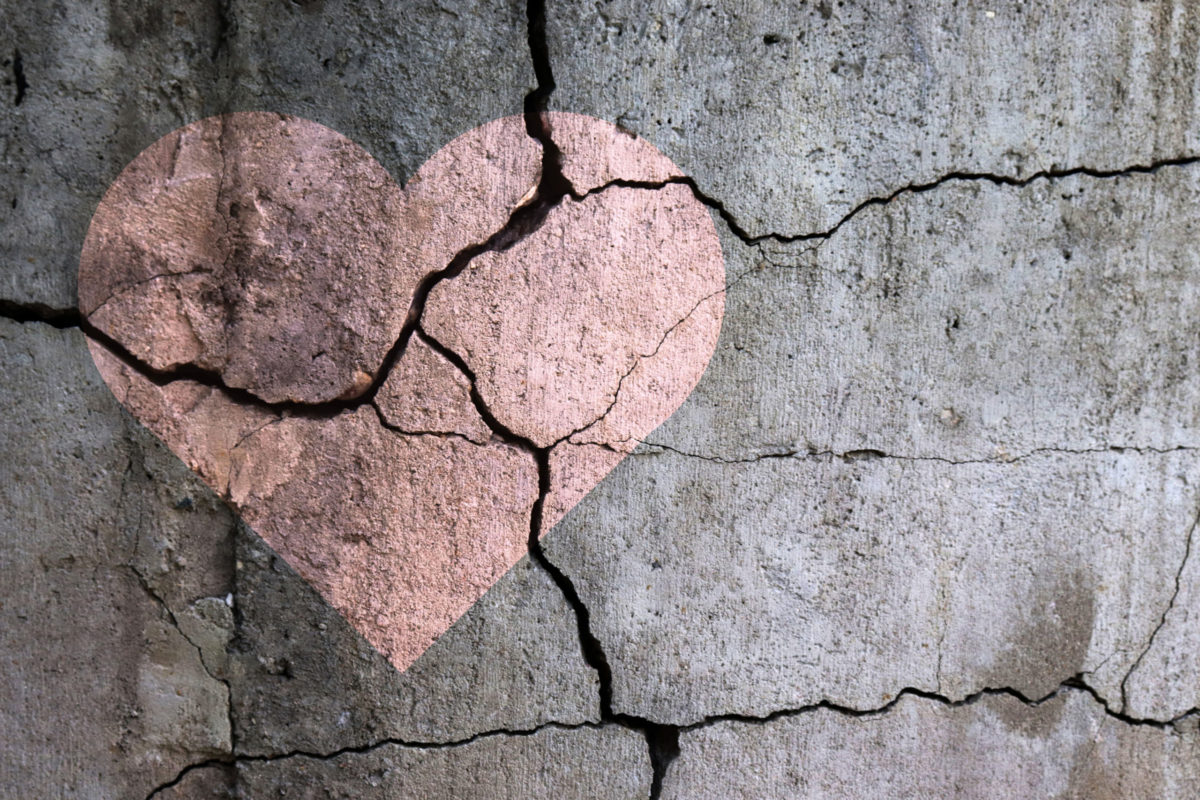See if this sounds familiar: You’re going about your day, and suddenly you find out something horrible has happened.
There’s been a spike in COVID deaths, a natural disaster or a shocking act of violence. Instantly, your world feels different.
Maybe you’re sad. Maybe you’re angry. Maybe you’re worried about your friends and family. Whatever your reaction is, that reaction is collective trauma.
“Collective trauma is any reaction people have to a traumatic event that affects our whole society,” says Natasha D. Bonner, behavioral health expert for BlueCross BlueShield of Tennessee. “In recent years, we’ve experienced a lot of collective trauma, so it’s important for us to know how to identify and process that trauma in a healthy way.”
5 steps to understanding collective trauma
1. What is collective trauma?
Bonner: Collective trauma is a shared emotional reaction to a horrific event. When a traumatic event affects our whole society — COVID-19, war, mass shootings — we vicariously experience that trauma. Our reactions differ depending on our culture, community and beliefs, but the trauma itself is a collective experience. And now that crises are broadcast globally all the time, collective trauma can feel hard to escape.
2. How does collective trauma affect us?
Bonner: Healing from trauma is different for everyone, but there is a shared sense of stress and anxiety when these events happen to society as whole.
Common reactions to collective trauma include:
- Anxiety, depression or PTSD
- Feeling powerless or hopeless
- A constant sense of being “on guard” in social settings
- Difficulty sleeping or eating
- Overwhelming fear or grief
- Withdrawing from leisure activities to reduce exposure to disease or violence
3. How can you tell if collective trauma is disproportionately affecting your life?
Bonner: Once you’ve identified the triggers and symptoms, you can evaluate how trauma is affecting you. While healing from trauma doesn’t have a timeline, it’s important to look at the duration and severity of your symptoms.
For example, while it’s normal to avoid crowded or exposed areas following a traumatic event, it’s not healthy if you’re still avoiding public places two months later. When you start avoiding the activities of daily life, it’s time to ask for help.
Consider seeking help if you are:
- Easily startled at noises
- More irritable than usual
- Constantly rewatching or rereading coverage of the event (obsessing)
- Avoiding events or activities
- Unable to sleep, eat or relax
When to seek help for mental health
4. Where should you turn if you think you need help?
Bonner: Depending on the severity of your symptoms, you can first consider using coping mechanisms like journaling, meditating, or limiting your TV or social media exposure.
But the most effective way to reduce negative symptoms from any life event is to get help from a professional.
- If you have a therapist, make an appointment.
- If you don’t have a therapist, find one through your health insurance provider.
- If you don’t have health insurance, explore local organizations that offer mental health resources, such as community centers or free clinics.
- Consider telehealth if you’re in a rural area or if you’d rather speak with someone virtually.
Real story: how to prepare for a telehealth visit
Bonner: Also, if you’re in a healthcare profession helping others dealing with traumas like COVID and more, it can be refreshing to discuss these traumas with others in your line of work. Many times, communing with those from similar professions can help you process and navigate the trauma.
5. Is there any therapeutic value of taking action?
Bonner: Yes! Absolutely yes!
Research has shown that communities that respond well to collective trauma are the ones that create positive, shared experiences afterward, whether that’s a memorial, movement, etc. Feeling helpless or hopeless is common after trauma, and taking action is a great way to change that.
Whether you volunteer at the health department, participate in community outreach or simply spread awareness about an issue you’re passionate about, the act of giving innately enhances our “feel-good” hormones.
How doing good can make you feel better
Get more information about specific health terms, topics and conditions to better manage your health on bcbst.com. BlueCross BlueShield of Tennessee members can access wellness-related discounts on fitness products, gym memberships, healthy eating and more through Blue365®. BCBST members can also find tools and resources to help improve health and well-being by logging into BlueAccess and going to the Managing Your Health tab.





